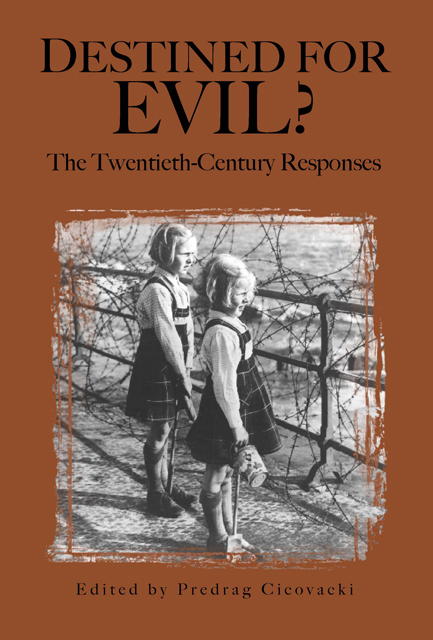Book contents
14 - Love and Cruelty: A Blue Spot in the Middle of the Hurricane
Published online by Cambridge University Press: 17 March 2023
Summary
It just so happened that early on I discovered perhaps the greatest nonfiction book of the nineteenth century in America, The Life and Times of Frederick Douglass. Somehow that was the beginning of understanding the facts of life for me. The facts of life had to be cruel because life was joyously cruel for me (we were victoriously cruel: we Allies won World War II and as a kid I kept bringing the Silvercup bread home). The involvement with this, in my opinion, one of the greatest works of the nineteenth century in America, taught me a few things about this crushing and grinding. The first thing The Life and Times of Frederick Douglass taught me is that cruelty is not to be understood in terms of its origins—etymological, word origins. In Latin, it comes from crudus, which means bloody or bleeding or something physical.
What I learned from Frederick Douglass was that cruelty—this crushing and grinding, this destruction of the soul—need not involve bloodshed at all, not at all. Let me read you an advertisement in the New Orleans Bee: “Negroes for sale. A Negro woman, twenty-four years of age, and her two children, one eight and the other three years old. Said Negroes will be sold separately or together as desired. The woman is a good seamstress. She will be sold low for cash or exchanged for groceries. For terms apply to Matthew Bliss and Company, 1 Front Levy.” It fit the laws. It fit the customs. It fit a way of life. Quiet, peaceful, genteel.
The second thing Frederick Douglass's life and times and my other work in slavery taught me was just about as important: that if you want to find out what cruelty is or when it's happening, don't ask the victimizer. Don't ask the one who's doing it. Don't get zeroed in on the victimizer. Ask the victim.
Maya Angelou says there is the unknowing majority, “it,” and the knowing minority, “you.” Victims know when they’re being cruelly treated and victimizers are usually the unknowing majority. The sword does not feel the wound. The flesh on which that sword strikes does. The empirical, skeptical authority for cruelty is the victim and the victim alone.
- Type
- Chapter
- Information
- Destined for Evil?The Twentieth-Century Responses, pp. 177 - 182Publisher: Boydell & BrewerPrint publication year: 2005

